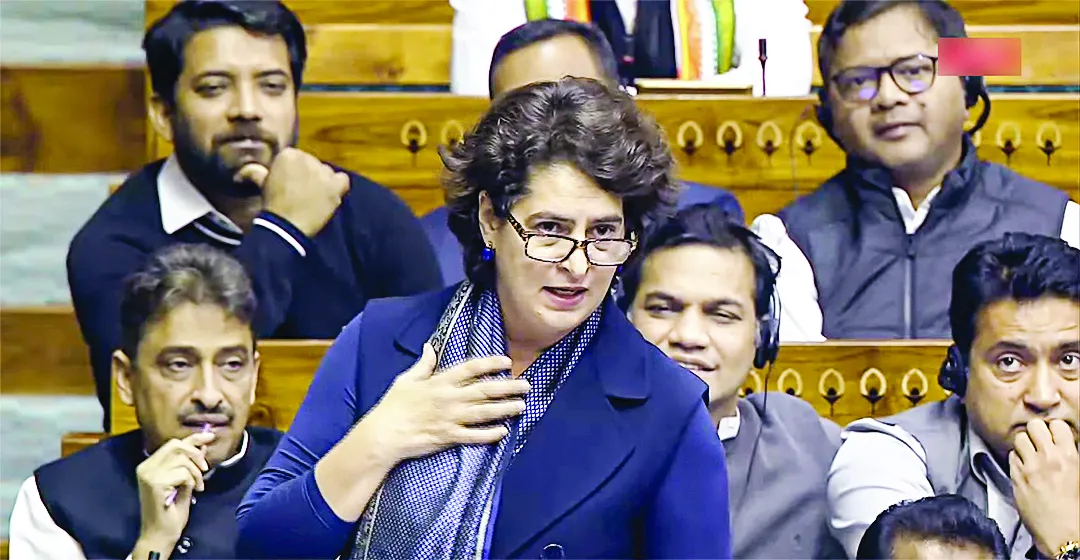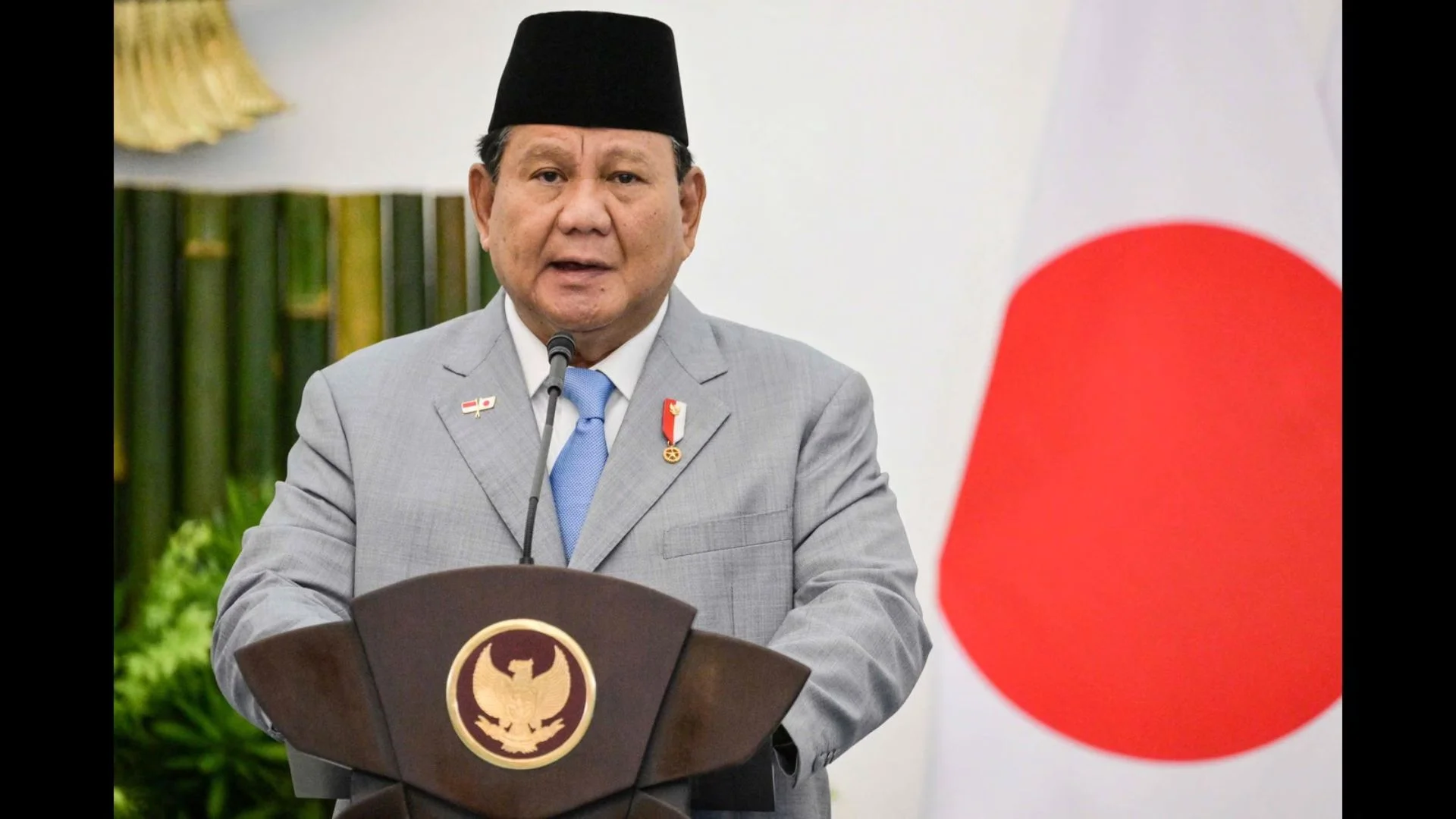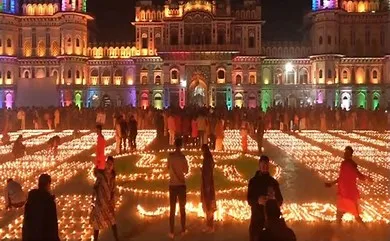On 6 July 2021, Dalai Lama’s birthday, on the Chinese side of the Line of Actual Control (LAC) in Ladakh, the Chinese military gathered some people, presumably from the local population, to demonstrate against the occasion being celebrated by some Indian villagers on the Indian side of the LAC. According to a media report, the protesters arrived at the spot in vehicles, along with some Army people, raised the banners to attract the attention of the Indians, protested, and left after some time. It was somewhat reminiscent of the crude way the Chinese tried to demoralize Indian soldiers last year at the LAC—playing anti India slogans on loudspeakers. Only, just as the Indian soldiers laughed away the Communist tactics of using old-style loudspeakers to drive home their propaganda, the villagers too paid scant attention to what the other side was doing, except for pointing out that the Chinese were standing on Indian territory which had been occupied by China illegally. This has to be seen in the context of the Chinese endeavour to raise a frontier force of young Tibetans to counter Indian Army’s Tibetan unit, the Special Frontier Force (SFF). It was the SFF that played a major role in capturing some heights along the LAC, right from under the nose of the People’s Liberation Army, thus placing the latter at a disadvantage. There is a word for those Tibetans who agree to be a part of demonstrations against their own spiritual guru, the Dalai Lama, or be part of a force that is meant to kill their own brothers, and it is not a pleasant word—quislings. But then, co-opting a handful of quislings will not help China kill the Tibetan movement.
China has been trying to Sinicise Tibet ever since the annexation in 1950-51 and has settled a huge number of Han Chinese in Tibet. The Hans now have a disproportionate influence on China’s Tibet policy. China is trying to erase Tibet’s culture, religion, language and is not averse to using coercive and repressive measures to achieve its goal. It is trying to foist its own Dalai Lama on the Tibetans post the current Dalai Lama, even though tradition demands that it is the latter who will choose his successor. Allegation is that the Chinese have killed over a million Tibetans until now. It has militarised Tibet to the extent that India cannot rule out the possibility of a kinetic conflict along the LAC in the future. However, China has not been able to control the soul of the Tibetans. Although very little news comes out of China, Tibetan activists say that the majority of Tibetans continue to protest Chinese annexation, non violently and often subtly.
Amidst this, at the level of governments, there is near complete silence on the Tibet issue, keeping in mind China’s sensitivities. The direct fallout is the normalization of the annexation of Tibet. Sadly, India too is guilty of this. Following in the footsteps of Jawaharlal Nehru, India has been advocating the “One China” policy for decades, even though China does not follow a “One India” policy. China was never India’s neighbour. It was always Tibet. But for the Chinese annexation of Tibet, the Himalayan headache that India has along the LAC would not have existed. Wary of alienating Beijing and thus turning the LAC into a “hot zone” New Delhi has always been silent even as China continued with its oppression of Tibetans, of Uyghurs and of the people of Hong Kong. But that did not prevent Chumar, Doklam, Galwan and the ongoing standoff along the LAC in Ladakh from taking place. However, that times are changing became apparent from Prime Minister Narendra Modi’s tweet last week saying that he had congratulated the Dalai Lama on his birthday. It was the first such tweet coming from him and was a public acknowledgement of the Dalai Lama’s importance in all things Tibetan. It is hoped that from now on, India will be less reticent about Tibet. The time to keep China happy is over. It is time to acknowledge the Tibetan struggle for independence as a legitimate one, in public. As the world’s largest democracy, it is time for India to raise the issue of human rights violations by China publicly and internationally.























